Black Gold: My Experience in the Oilfield
 Oil has always maintained an air of fascination around it. Even before I graduated from college and had any idea what career to pursue, classmates would tell me how incredible the oil industry was. Oil was synonymous with money—an apropos comparison since oil is considered “black gold” in many parts of the world. In fact, oil made Dubai what it is today.
Oil has always maintained an air of fascination around it. Even before I graduated from college and had any idea what career to pursue, classmates would tell me how incredible the oil industry was. Oil was synonymous with money—an apropos comparison since oil is considered “black gold” in many parts of the world. In fact, oil made Dubai what it is today.
Even you might have heard that the industry is lucrative and rife with outrageous perks. As someone familiar with the industry, I want to clarify something: Everything is absolutely true. The money, the drugs, the Dubai yacht orgies (no, I’m kidding).
The Oilfield’s Hiring Process
“Since oil is from all over the world, so is your competition. ”
First interview: The standard face to face interview similar to any other.
Second interview (Group): Aside from the standard company overview and questions, we built structures using spaghetti sticks and participated in a prehistoric scavenger hunt in a privately reserved museum. These activities were meant to test teamwork.
Final Interview (Individual): Final interview where you are evaluated based on the last two interviews. The interviewer also let me ask questions and explain why I was the best for the job. The evaluation looked heavily at attributes such as leadership and determination—all important qualities in a job that can be very stressful and dangerous.
Getting hired is understandably very difficult. Many people apply, and the pool of talent spans the globe. Since oil is from all over the world, so is your competition.
My orientation class had representatives from over 20 countries. My training class of 26 had representatives from 14 countries (United States, United Kingdom, Canada, Saudi Arabia, Lebanon, Oman, India, Russia, Ukraine, Serbia, Myanmar, China, Indonesia, and Angola).
Orientation: After Getting Hired
Orientation 1: Flying to Texas to complete paperwork and attend presentations on company policies and benefits.
Orientation 2: Flying to Oklahoma for driving courses. For one activity, I had to drive quickly across a flooded asphalt surface, spin my car out of control, and then attempt to regain control. For another activity, I had to purposely drive off the road and then try to carefully get back on. They basically trained me for the worst scenarios on the road. It was great.
Orientation 3: Flying to Texas for some hands-on experience. After about 3 weeks, I flew to Schlumberger’s Middle East Learning Center in Abu Dhabi, United Arab Emirates.
Monetary Compensation (a.k.a. money, cash, dough, fat stacks, etc.)
Everyone’s favorite part. Yes, six figures out of college—easily. Although, I can’t tell you the exact amount. It varied too much, but I’ve never seen less than $60,000 (USD) nominally (the lowest amount while training). Compensation varied month to month and year to year. I’ll explain.
Even during training (about 4 to 12 months depending on the area of expertise), the compensation was effectively six figures. I either received or retained extra money for random things.
In other words, this will be one of those rare jobs where actual payment exceeds what you were promised. The funny part is no one tells you. Everyone just lets you pleasantly figure it out.
Accounting for about a year’s time, extra compensation (i.e. compensation on top of base pay) is given in a variety of ways:
- Random food reimbursements. For example, I was given $750 (food money) for 30 days during Orientation 3. I kept the money because the company fed me anyways, and I was only there for 19 days. This sort of thing happened on multiple occasions. Total: $2,000 to $3,000.
- Bonuses for training (i.e. going to classes and possibly falling asleep). Total: $4,000 to $12,000.
- Driving several hours to headquarters somewhere in your personal car? Amount: $500 for gas with food and lodging covered.
- Monthly fitness allowance (i.e. gym memberships, workout equipment, etc.) of around $100. Total: $1200 for the year.
- “Sorry, you have to move again. We’ll cover all moving expenses. Also, for the inconvenience, we’ll give you ten thousand dollars.” It was actually $9,999.99. I’m not even exaggerating.

- A percentage of the money you make for the company goes into your bonus. This system goes into effect after training when you “break out” and no longer receive the training bonus.So, if you lead a $25,000 project that takes one day to complete, then you get a 1% bonus—$250. Similarly, if you lead a $500,000 project that takes a week to complete, then the bonus is $5,000. Sometimes, the bonuses can exceed 1% to “compensate for lower ticket projects.”If any of the project days lands on a holiday, the bonus doubles for that date. If you work on days that you were supposed to have off, the bonus doubles. It all adds up, and bonus can easily be several times base salary.
- 6% of your before-tax gross pay (including all bonus) would receive a full 401k match.
- 10% of your after-tax pay can be used to buy the company stock at a 7.5% discount. The discount is applied to the lowest price of the stock during the last 6 months. So, if the stock started January at $70 and ended in June at $80, the discount is applied to $70 and you can buy the stock for $64.75 even though the stock is $80. That means you could sell the stock for an instant profit.
- Random expenses will be covered by the company. For example, I’ve even had a $200 guitar case paid for because I needed it to transfer my guitar across the country. Total: $1000 to $3000.
Travel and Other Benefits
This was my favorite part. For more details on what the campus looked like, check out the Oilfield Palace Series (Part 1, Part 2, and Part 3).
During the first couple of months on the job, I was “required” to fly to Abu Dhabi in the United Arab Emirates (I know—poor me). I met some phenomenal individuals from, quite literally, all corners of the world. We became great friends via working alongside each other for months on end—6 days of the week. To this day, my network of worldwide friends remains strong and massive.
All lodging was provided for when I was in Abu Dhabi. Every day (excluding weekends), the cleaning staff would make my bed, clean my room, replace the soap and towels, and leave a water bottle on the nightstand.
The cleaning staff also did my laundry if I so wished. I just had to fill out a sheet (indicating what type of clothing) and leave it with my bag of clothes at the base of the door. The clothes would be on my bed the next evening. And every article of clothing (except underwear and socks) would have their own individual hanger.
I tried doing my own laundry once because I thought I was getting too spoiled. The machine broke, locking my clothes inside. I regretfully had to break the damn thing with a screwdriver. That was the end of that.
There were free buffets every day. Each day had a different cuisine from some part of the world.
There was an “entertainment budget.” Everyone was wined and dined on occasion at fancy restaurants. We even went to places such as bars/clubs or paintball fields. And since Dubai was nearby, the company figured we just “had to” check it out and gave us the option.
The work politics was quite casual. Field engineers often work outside while wearing casual clothing or coveralls. And we are not uptight.
Letting animals hang around work was rarely a problem. In Abu Dhabi, there was a cat that occasionally showed up during my work hours. I fed him and we became friends. Although he sometimes acted like an asshole cat, I loved having him around.
A Typical Day
Me: Hey, man! I’m working here. Don’t you see the explosive signs?
Cat: Meow…
Me: Get out! It’s dangerous!
Cat: Meh…*proceeds to lick crotch like an asshole*
The Disadvantages and Difficulties
The work was incredibly difficult depending on your segment—and pretty much all segments were difficult. I worked in Wireline—the hardest segment that worked extensively with radiation and explosives while sending equipment into wells that went thousands of feet underground.
The hours could be brutal. My first project started at 12 o’clock midnight on Christmas. The 36-hour-long project was an easy all-nighter, so I missed Christmas entirely.
Even as I gained considerable experience, I still had projects that lasted 40 to 50 hours. The longest I’ve ever stayed awake was 50 hours. I couldn’t even try to sleep if I knew I had radiation or explosives underground.
The paperwork for handling radiation and explosives was also a nightmare. I would have stacks of paperwork completed even if I just wanted the radioactive source for 1 hour.
I also had to live in boring ass towns, because that’s where the oil was. Speaking of oil—the price of oil is volatile. A massive downturn can result in $0 per year (i.e. you no longer have a job).
And did I mention that radiation and explosives were very dangerous? Might have missed that part. I also had the potential to cause millions of dollars in damages. If I had lost a radioactive source underground, then the well had to be sealed. If I had lost the radioactive source somewhere at the surface, then all hell would break loose. There were dozens of things that could go wrong at any time.
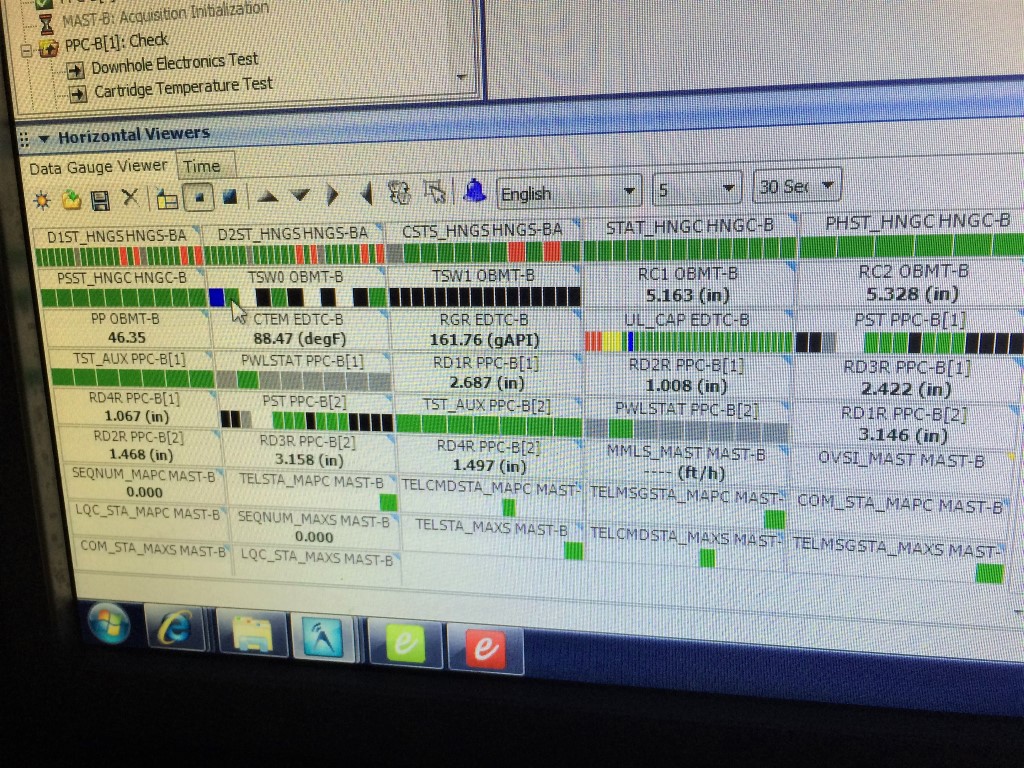
Over 20 things that can go wrong for this project.
Was It Worth It?
For me, absolutely. I had the experience of a lifetime in the UAE. As for the work—it can be dangerous but exhilarating. One time, I started a major project at 2 am in a remote location surrounded by rattlesnakes. Monotony was nonexistent for me. I personally loved it, but I’ve seen others break down crying.
But I’d put the limit on 2-3 years. Staying a field engineer and dealing with so much stress for too long is unhealthy.
Everything depends on the person as well—more so than other lines of work. Singles with no dependents will likely have a great time. Attached or married people tend to have a pretty terrible time because the extensive time away from loved ones (sometimes across the ocean) can be agonizing.
The money, of course, is great and can potentially set a financially savvy person up for life. But you definitely work for it.
In the end, the best gift the oilfield gave me was the conviction that I was an adventurer at heart. I did not belong in an office—a place I always thought I would be working—nor could I follow a consistent routine.
And I never looked back since.

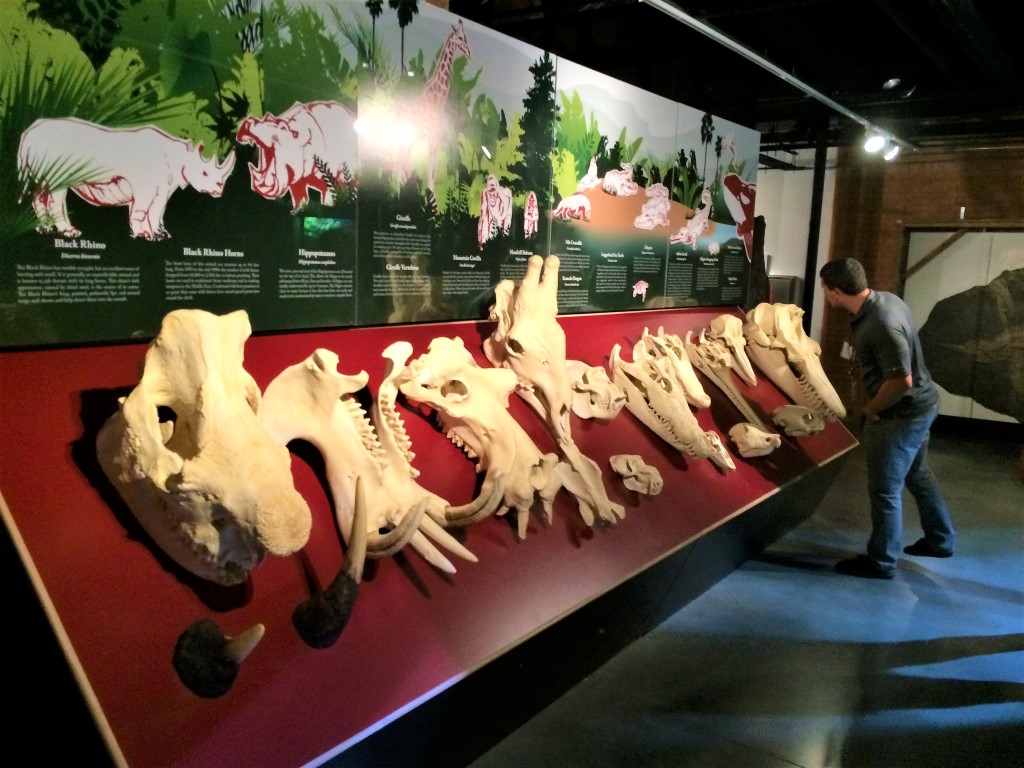
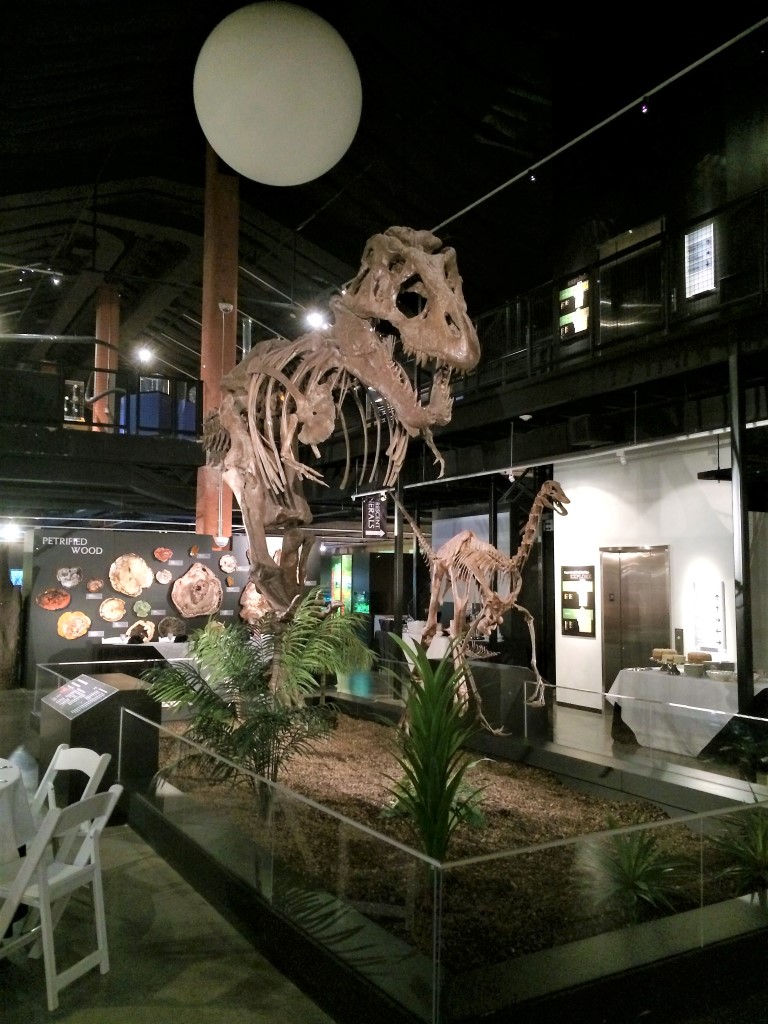
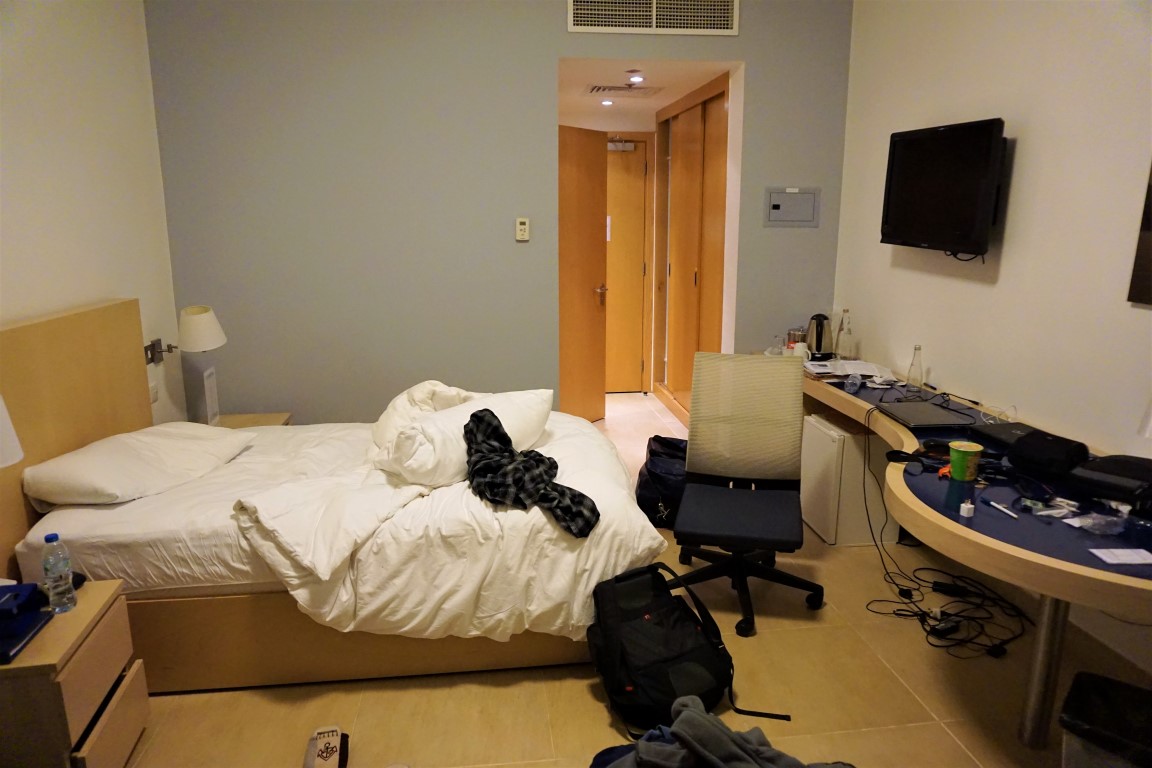

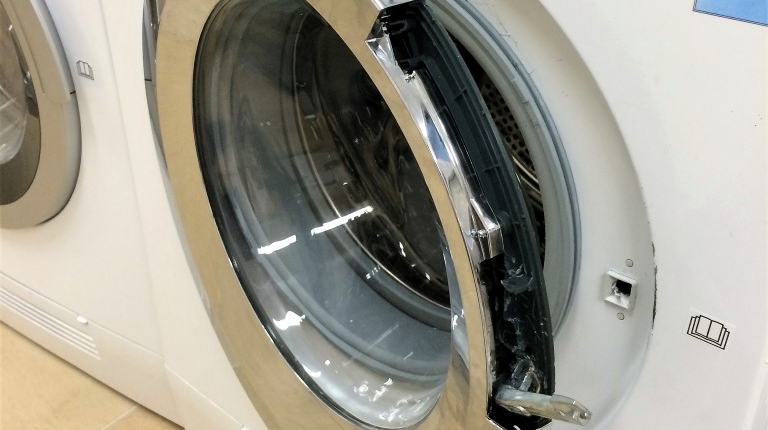






 © Copyright - Ace Adventurer
© Copyright - Ace Adventurer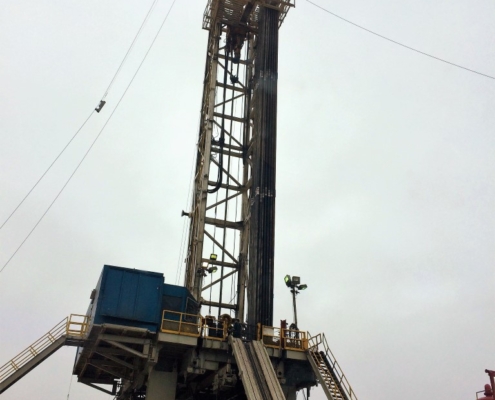 © Copyright - Ace Adventurer
© Copyright - Ace Adventurer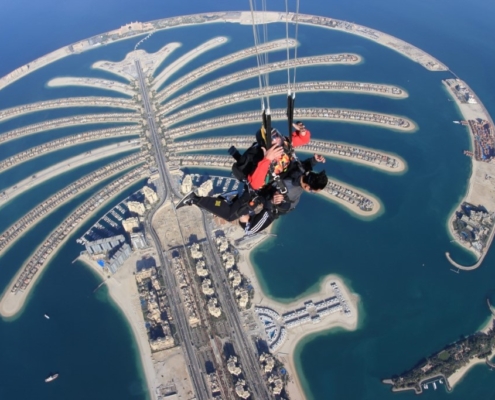 © Copyright - Ace Adventurer
© Copyright - Ace Adventurer © Copyright - https://www.expo2020dubai.com/
© Copyright - https://www.expo2020dubai.com/ © Copyright - Ace Adventurer
© Copyright - Ace Adventurer © Copyright - Ace Adventurer
© Copyright - Ace Adventurer
I’ve always wondered what it was like. I almost joined the oilfield once but decided not to due to the difficult lifestyle. The extended time away from family was just too much. The money just wasn’t worth it in my opinion. Family first!